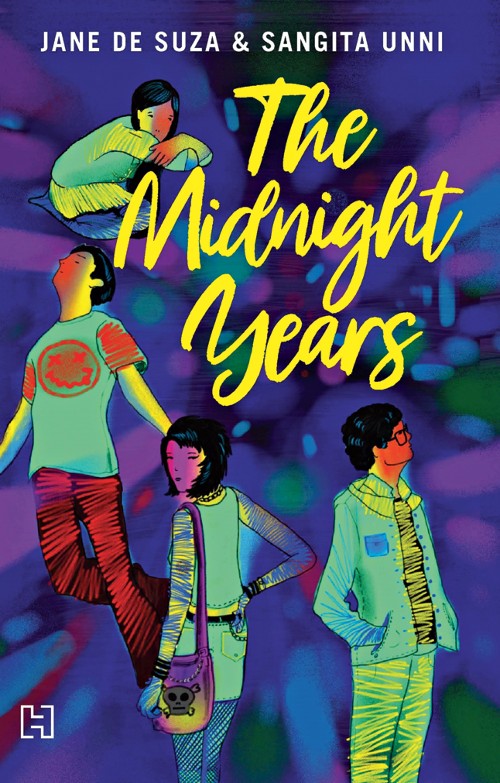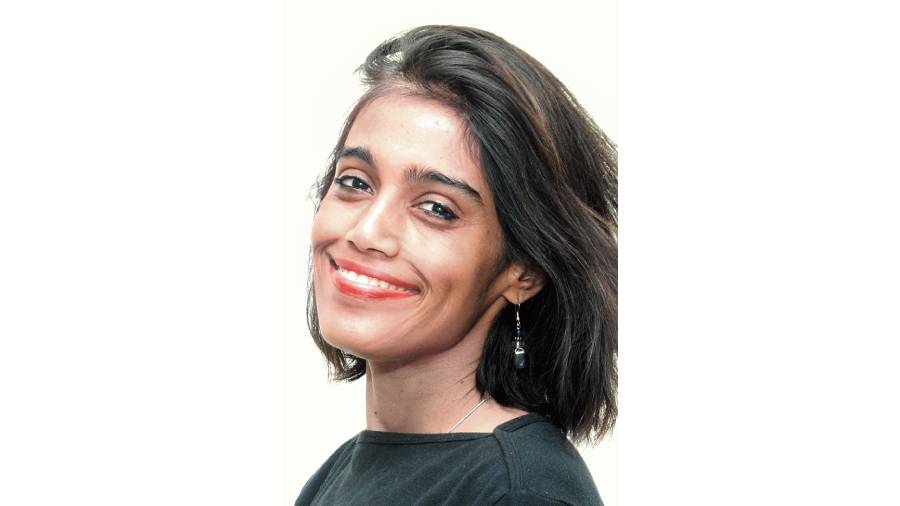I prided myself on sleeping like a baby. Until I had one. This is what the missionaries of maternal love do not tell you. You have let yourself in for a lifetime of nibbling on fingernails. You will name each grey hair after an escapade that turned into a narrow escape. This one’s called ‘crayon-up-the-nose’, you reminisce.
The first few months of motherhood go in a hormonal smudge of sleep-starved binge-eating milk powder bouts because, of course, you’d rather die (read ‘eat’) than give your baby that artificial stuff. I model-mothered myself into a state when I’d clamber onto the terrace to howl.
Ah, but these are only teething worries. They settle down. And then the real ones emerge: Your child’s first attack of 104-degree fever (which the little speed fiend achieves in 10 minutes flat). The first time your child comes home, lip quivering, and you learn from another mother that she was bullied. You yearn to don your superwoman cape, mask and baking gloves, stomp out to the battleground and send teeth flying, never mind that you’re the type that dives for cover when a moth flutters in. You won’t, however. And your helplessness will hold you hostage ever after, even as you see your child hurting.
This is the real test. Theirs. Yours. It’s tough but you learn to bite your lip and let them fight their own battles. You keep hot chocolate ready for the brave warriors when they return after being called fat — even though giving the name-caller a fat lip is all that you can think of. You show them right from wrong. You tell them to be the bigger person, to stand up for themselves on that twisted ankle — ankles heal, you say. You listen. You hug. You provide that hot chocolate.
A friend once told me, as I bandaged a cut knee yet again, to thank my lucky stars that my kids were still at the age when their pain could be stemmed by a tablet. She was so right. As your children grow, so do the problems — their intensity and enormity.
The mental health of our young is something we don’t discuss in polite society, over adrakwali chai, while comparing tuition centres that offer cut-prices on memory and math skills. Our kids in turn hide their anxieties behind their thick text books and thick spectacles, drown the fearful voices in their head with headphones that make an even louder racket. While a psychologist friend and I did our research for The Midnight Years, a book about the fears and follies of teens, we saw teens who emerged out of the darkest times. And somewhere in the distance, behind them, we saw mum-shapes.
Don’t besmirch the flowers and forwards on Mother’s Day. They tell stories of mothers who teach kids to walk, fall, climb again. We, I, you — have shown them how to sit up when knocked down, to be brave, to be kind, to look for the funny, and to laugh. And it all starts that day when you see your six-year-old walk in, knee bloodied, and you put aside your important phone call, and more reluctantly, your superwoman cape. When you give them the confidence in themselves to chin up, go back and play. ‘I will never fight your fight. But I will be in your corner,’ you say, ‘with a big hug and a bigger mug of hot chocolate’.

Jane De Suza is the co-author of The Midnight Years











